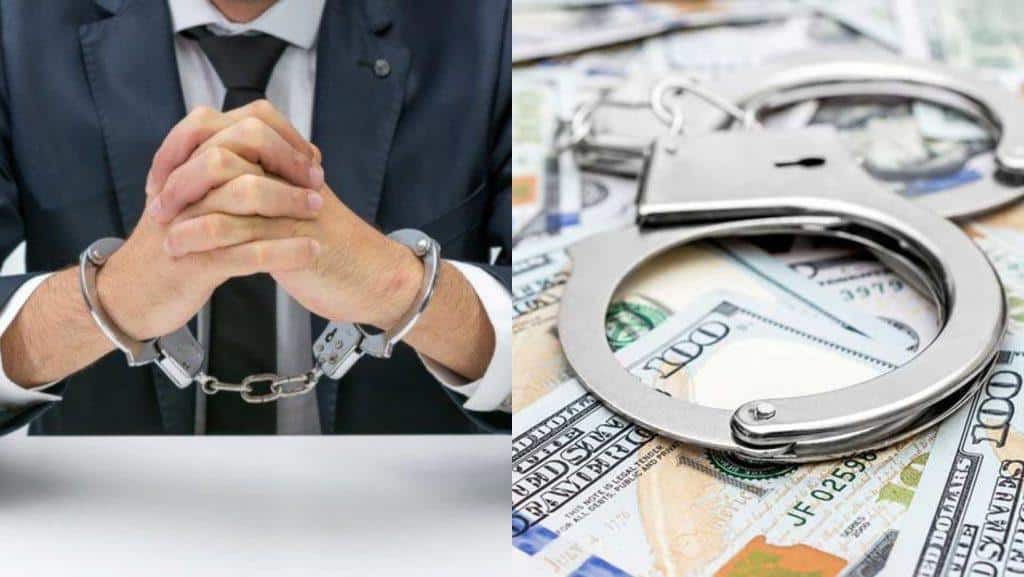When you hear the term “white-collar crime,” it might sound a bit fancy, but it’s basically just a way of describing crimes that happen in the business world. These are non-violent offenses that usually involve deceit and a goal of financial gain.
Even though they don’t involve violence, white-collar crimes can have serious consequences for individuals, businesses, and even the economy.
It’s not uncommon for a person to be unjustly accused of committing a white-collar crime. If this is a situation you’ve found yourself in, know that hiring criminal defense attorneys at Rossen Law Firm is your best course of action moving forward. Rossen Law Firm, founded by Adam Rossen, strongly believes that one mistake should not define an individual’s future.
Different Types of White-Collar Crimes
Here are some examples of white-collar crimes:
Fraud
Fraud is one of the most well-known white-collar crimes. It happens when someone tricks another person or a company to gain money or property.
One common type of fraud is credit card fraud. If the fraud involves less than $1,000, it could be charged as a misdemeanor, resulting in a maximum of one year in jail and/or fines up to $1,000.
But if it involves more than $1,000, it’s a felony, which could lead to one to five years in prison and fines up to $10,000.
Insider Trading
This is when someone uses secret information about a company to buy or sell stocks. For example, if you work at a tech company and discover they are about to launch an amazing product, you might buy stock before that news goes public.
If someone gets caught doing this, the SEC (Securities and Exchange Commission) might be called in. They can impose fines that are up to three times the profit made or the loss avoided.
On top of that, criminal charges can lead to up to 20 years in prison and fines of up to $5 million for individuals and up to $25 million for companies. The idea here is to keep things fair for everyone in the stock market.
Money Laundering
Another white-collar crime is money laundering. This is when someone takes money from illegal activities and tries to make it look legal. Criminals often try to hide their profits through this type of white-collar crime.
For instance, if someone made money selling drugs and then used that money in a restaurant they own to hide where it came from, that’s money laundering.
If caught, the penalties can be tough. Money laundering is usually a felony, and it can lead to 5 to 20 years in prison and fines that could be up to $500,000 or even double the amount of money involved in the laundering, whichever is greater.
Tax Evasion
As the name implies, tax evasion basically happens when someone tries to avoid paying their taxes. The IRS is strict about tax evasion because it affects the government’s ability to provide services.
You might have to pay back the taxes you owe, plus interest and penalties that can add up to 25% of the unpaid taxes. In serious cases, you could face criminal charges leading to up to 5 years in prison and fines of up to $250,000 for individuals and up to $500,000 for companies.
Conclusion
If you ever feel tempted to cheat or cut corners, just remember that it’s just not worth it. The consequences can be steep if the law should get its claws on you.
DISCLAIMER: The images/videos/logos showcased on this page are the property of their respective owners. We provide credit and sources wherever possible. However, If you find that your image/video is displayed on this blog without authorization, please contact us with the relevant details, and we will promptly address your concerns.

I’m Soha Owais, a law graduate with an LLB (Hons), blending my legal background with a passion for storytelling. As an author and writer at Saudiscoop.com, I craft engaging narratives that connect with both local and international audiences, bringing a fresh and informed perspective to the stories that matter.




